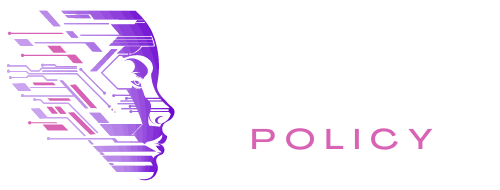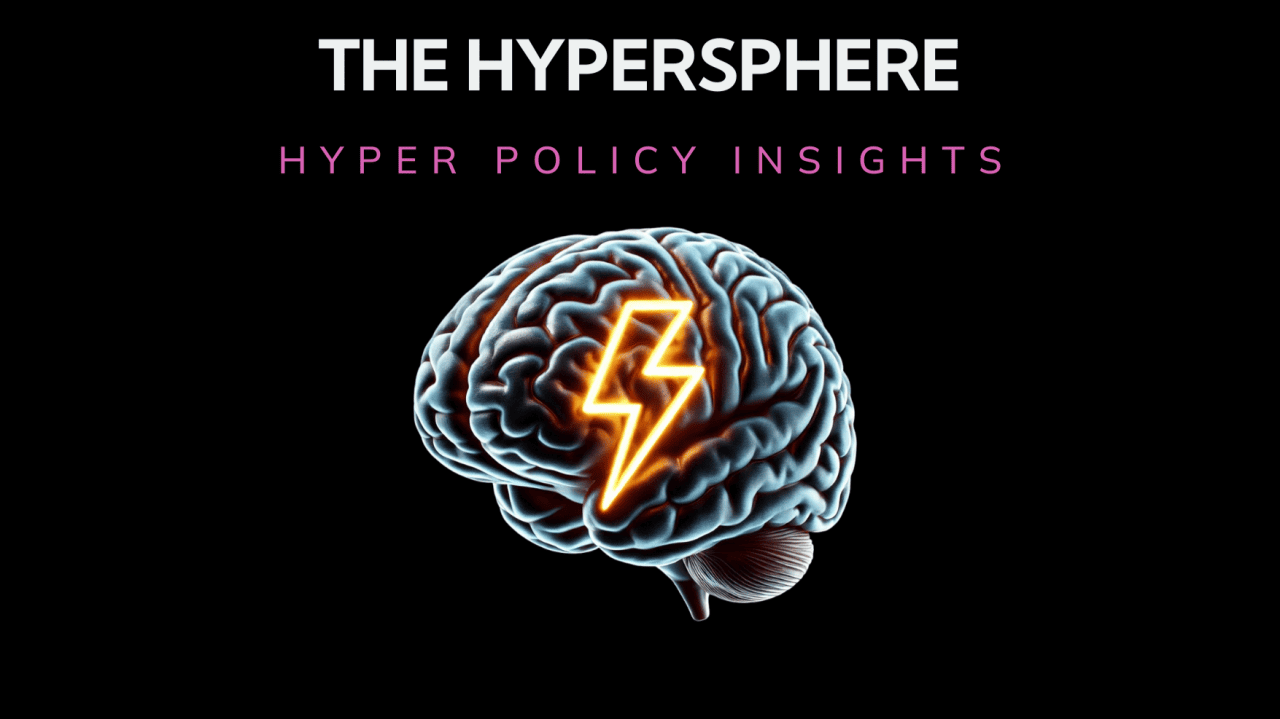Introduction
Artificial Intelligence is advancing at an unprecedented rate, accelerating industries, economies, and societies across the globe. This accelerated progression presents a dual-edged sword: while it offers immense opportunities for innovation and growth, it also poses significant challenges for those who struggle to keep up. The hyper-integration of AI into various sectors demands immediate attention to education, infrastructure, and policy to prevent a widening gap between those who can adapt and those who cannot. Hyper Policy emphasizes the urgent importance of staying abreast of AI’s swift evolution to fully harness its benefits and mitigate potential risks.
Focus
The primary focus is on understanding the multifaceted implications of AI’s accelerated advancement and developing comprehensive strategies to remain at the forefront of this technological upheaval. This involves investing in education systems that equip individuals with the necessary skills to understand this AI-driven world and also scale innovation and adaptability within organizations and governments. Emphasis is placed on creating an ecosystem that supports continuous learning, promotes ethical considerations, and encourages collaboration across sectors. By proactively engaging with AI developments, societies can leverage its transformative power to enhance productivity, improve quality of life, and drive sustainable economic growth.
Concern
Several concerns arise from the accelerated pace of AI development. One major issue is the potential for an AI divide to deepen, both within and between countries, as some populations may lack access to the education and resources needed to adapt. This disparity could lead to increased social unrest and economic stagnation for those left behind. Additionally, existing regulatory frameworks may be ill-equipped to address the complex ethical and legal questions posed by advanced AI systems, such as privacy violations, implicit bias in decision-making algorithms, and the displacement of workers through automation. The speed at which AI is advancing may outpace the ability of policymakers and institutions to respond effectively, resulting in a lack of oversight and potential misuse of the technology. There is also the risk that without proper guidance, AI could be developed and deployed in ways that are misaligned with societal values, leading to unintended negative consequences.
Proposed Action
To address these concerns, a multifaceted approach is necessary. Governments and educational institutions should prioritize the integration of AI literacy and digital skills training into curricula at all levels, making sure that the workforce is prepared for the demands of an AI-driven economy. This includes technical skills and also thinking regimens, creativity, and ethical reasoning. By influencing a culture of lifelong learning, individuals can remain adaptable in the face of hyperscale technological change.
On local levels, regulatory bodies must work swiftly to update laws and guidelines that govern AI, focusing on transparency, accountability, and the protection of individual rights without inhibiting technical progress and growth. This involves collaborating with industry experts, academics, and international partners to develop flexible regulatory frameworks that can keep pace with technological advancements. International cooperation is essential to establish common standards and prevent regulatory gaps where companies might exploit more lenient jurisdictions.
Public-private partnerships can play a significant role in accelerating adaptation by pooling resources and expertise. These collaborations can support infrastructure development, such as expanding high-speed internet access and modernizing communication networks, which are foundational for AI integration. Additionally, investment in research and development can spur innovation and maintain a competitive edge in the global market.
Engaging the public through awareness campaigns and open dialogues about AI’s impact can foster trust and understanding. By involving more minds in the conversation, policies and initiatives can be drawn to reflect a wide range of perspectives and needs. By embracing these actions, societies can position themselves to reap the rewards of AI’s accelerated advancement while protecting against potential pitfalls. The goal is to create environments where the benefits of AI are accessible to all, and the challenges are addressed proactively and ethically.
The HyperSphere: HyperPolicy Insights is a series of focused, concise analyses on the latest advancements, ethical challenges, and policy developments surrounding emerging technologies, artificial intelligence (AI), the Metaverse, and responsible innovation. It aims to provide thought leadership and actionable insights to guide the ethical use of technology in an increasingly accelerated and complex landscape.

